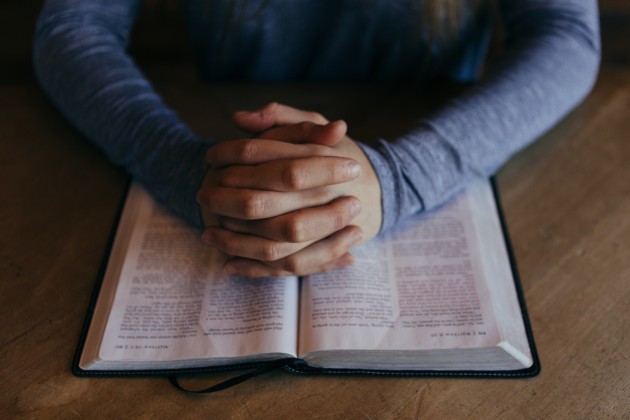Author Archives: Judith Rosenbaum
May 24, 2017 by Judith Rosenbaum
When You’re a Woman and You Need to Say Kaddish
 It was November, 2013, my first week back at work after my father’s rapid death from a fall two weeks before. On my lunch break, I was in the middle of a very crowded crosswalk on 6th Avenue, in the West 40s of Manhattan, when my cell rang. It was from my synagogue; Rabbi Felicia Sol was returning my call after I had left a voice mail message informing the “life cycle emergency” department of Dad’s death. Not being a regular attendant at Sabbath services, I was touched that she had reached out to me. I ducked into a glassed-in corporate garden on the corner of 6th and 43rd, where we spoke in the relative privacy of that very public space.
It was November, 2013, my first week back at work after my father’s rapid death from a fall two weeks before. On my lunch break, I was in the middle of a very crowded crosswalk on 6th Avenue, in the West 40s of Manhattan, when my cell rang. It was from my synagogue; Rabbi Felicia Sol was returning my call after I had left a voice mail message informing the “life cycle emergency” department of Dad’s death. Not being a regular attendant at Sabbath services, I was touched that she had reached out to me. I ducked into a glassed-in corporate garden on the corner of 6th and 43rd, where we spoke in the relative privacy of that very public space.
I have never been that religious a Jew; I was raised in the Reform tradition by a mother who’d been raised Orthodox and a father who’d been raised an ethnic, secular Jew. Though Reform, my mother always lit the candles and said the Sabbath blessings before dinner on Friday nights. Despite my dad’s upbringing, his wishes were for a traditional Jewish burial, complete with a cotton shroud and a shomer—a volunteer to guard the body from hospital deathbed to grave. Our family had completed the one-week shiva tradition the week before.
I told Rabbi Sol that the hardest thing at that moment was being surrounded by people going about their business. They seemed rushed and focused, certainly unaware of the heartbreaking pain and loss I felt inside, which was surely not evident on my face.
Rabbi Sol said, “That’s what saying kaddish is for.”
- 3 Comments
 Please wait...
Please wait...